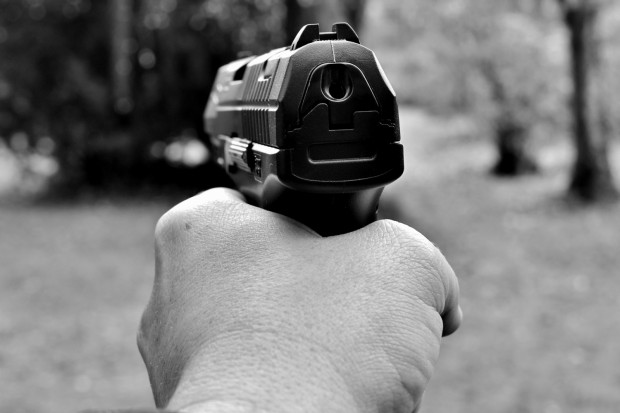When facing firearm charges, it's essential to fully comprehend both legal and social repercussions of conviction. Conviction for such charges can have far-reaching repercussions - including possible jail time and fines.
Working closely with an attorney is key in creating a strong defense that limits involvement with the criminal justice system.
The Legal Implications
If you are facing charges related to firearm possession in New York, it is crucial that you retain an experienced criminal defense lawyer as soon as possible. Your lawyer can work to raise any doubts regarding the charges brought against you and negotiate with prosecutors on your behalf to secure a positive resolution of these proceedings.
An arrest for firearm possession can have serious legal repercussions that are lasting and far-reaching, depending on its type and place of possession. A conviction can result in jail time as well as heavy fines that will continue to accrue for years.
Understanding the difference between actual possession and constructive possession is of vital importance. Constructive possession refers to having dominion over an object even when it's not readily accessible (e.g. a gun found hidden away in your car or under a bed in your home).
Many states have taken steps to limit the gun industry's ability to evade accountability in court. A 2005 federal law known as the Protection of Lawful Commerce in Arms Act ("PLCAA") shuts the door on many types of traditional civil lawsuits against gun manufacturers and sellers; three states have gone even further by passing punitive laws which force victims harmed by gun industry products and practices to pay legal fees incurred by defendants defending them in many instances.
The Social Implications
Socially, being charged with a firearm offense has far-reaching repercussions that extend well beyond economic expenses and trauma to victims and their loved ones. Furthermore, such events often lead to fractured communities where justice may never be served fairly.
Guns are one of the leading causes of death and disability in the US, killing more Americans each year than motor vehicle accidents do. Additionally, firearm injuries often have lasting health ramifications which require years to overcome.
Impacts of gun violence vary by city and county, but studies show a correlation between community gun homicide rates and wider patterns of crime. For instance, higher homicide rates in some communities correlate to reduced retail and service establishments, lower housing prices, and decreased credit scores (Kalesan et al. 2015).
The Long-Term Implications
Individuals convicted of firearms offenses will likely suffer severe legal and social consequences. These could include losing certain rights such as their right to possess and bear arms as well as potentially losing their job or finding it more difficult to find employment in the future.
Conviction for firearm offense can severely hamper an individual's ability to obtain security clearances and government contracts, as well as employment; employers tend to avoid hiring individuals with criminal histories.
This study employed state criminal history and mortality data to examine recidivism patterns and death rates of first-time firearm-involved arrestees. The results provided valuable insights into this subset of arrestees as well as guidance for public health policy on guns and violence issues.
The Solutions
Most people understand that being charged with gun possession can result in arrest, jail time and hefty fines. But with proper legal tools and public policy strategies in place, these legal and social consequences of a firearm charge can be minimized with an emphasis on non-arrest measures and strong judicial systems focusing on strong enforcement; furthermore it means reconsidering how law interacts with communities by creating programs to reward responsible firearm ownership while decreasing access to weapons by troublemakers as a possible means to address firearm crime at its root source.
For this problem to be effectively addressed, a multifaceted approach that integrates tactics from prevention and enforcement through to improving mental health and substance abuse services must be pursued. Incorporating well-funded public health infrastructures, concerted police presences and increased opportunities for community members to share information, ideas and resources should yield optimal results.




















